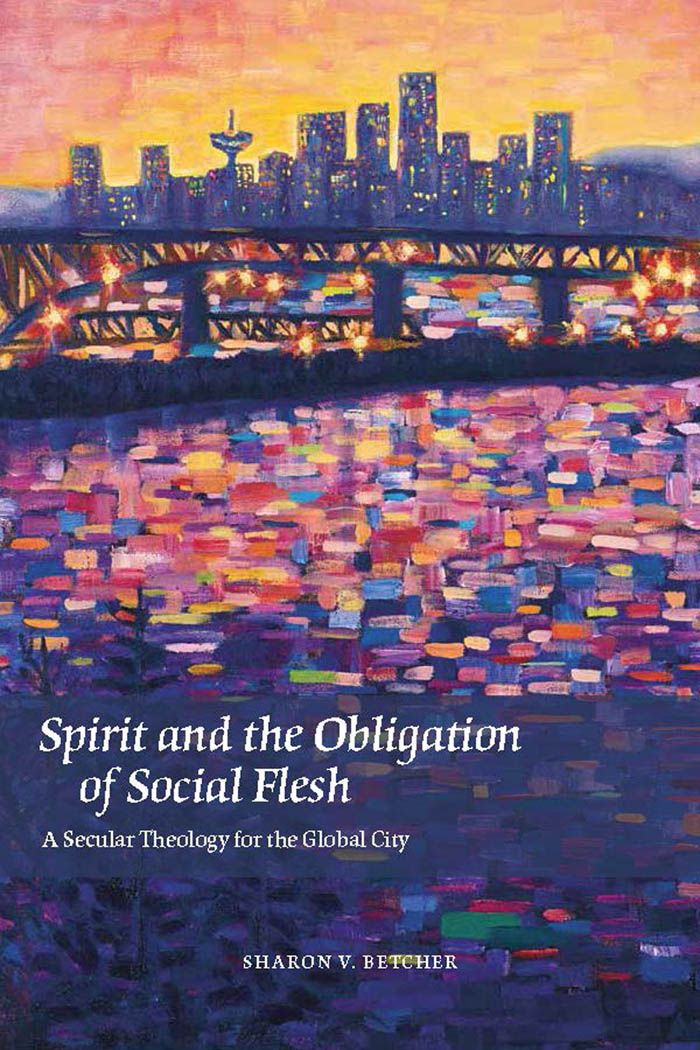Spirit and the Obligation of Social Flesh
A Secular Theology for the Global City

This book can be opened with

Drawing on philosophical reflection, spiritual and religious values, and somatic practice, Spirit and the Obligation of Social Flesh offers guidance for moving amidst the affective dynamics that animate the streets of the global cities now amassing around our planet.
Here theology turns decidedly secular. In urban medieval Europe, seculars were uncloistered persons who carried their spiritual passion and sense of an obligated life into daily circumambulations of the city. Seculars lived in the city, on behalf of the city, but—contrary to the new profit economy of the time—with a different locus of value: spirit.
Betcher argues that for seculars today the possibility of a devoted life, the practice of felicity in history, still remains. Spirit now names a necessary “prosthesis,” a locus for regenerating the elemental commons of our interdependent flesh and thus for cultivating spacious and fearless empathy, forbearance, and generosity.
Her theological poetics, though based in Christianity, are frequently in conversation with other religions resident in our postcolonial cities.
A powerful, poignant witness from an author who lives with and works through the lens of disability, Professor Betcher finds through such a perspective hopeful practices for 21st century urban living. This rich, poetic text pleading for “corporeal generosity” is profoundly within the Christian incarnational tradition while commending a radical practice of obligation stemming from Spirit as “prosthesis,” as an aid to neighbor love. I recommend this book as an outstanding example of constructive theology to move us from merely global to planetary citizens, supporting all of life in its diversity, deviancy, and limitation, as well as rejoicing in its joys and delights.
Sharon Betcher’s cosmopolis of 'corporeal generosity' emits an eerie beauty. Its theopoetics for seculars does not exclude any theology worth practicing but reads Spirit in the cracks of bodies, cities, politics, wisdoms. In the brilliance of this “crip/tography” the sites of our acute vulnerability signal possibilities that we do not want to miss—whatever our discipline or art, our religion or irreligion.
In this creative book, Sharon Betcher presents a strong case that theology does not have to end as dominant notions of the divine shatter in the life-or-death struggles of our increasingly intertwined lives. In fact,theology begins again where people of various faiths and of little faith begin to identify the work of the Spirit in their midst. That Spirit emerges from the complex intersections of our vulnerable lives, rather than descending from above, is good news to all those of us who are “weary and are carrying heavy burdens” (Matt 11:28).
Spirit and the Obligation of Social Flesh makes a unique, creative, and timely contribution to an area of great interest in the study of religion and theology.
. . . A trend setter. This book is a path to help us find a new theology of hopefulness, a spirituality of resilience.

